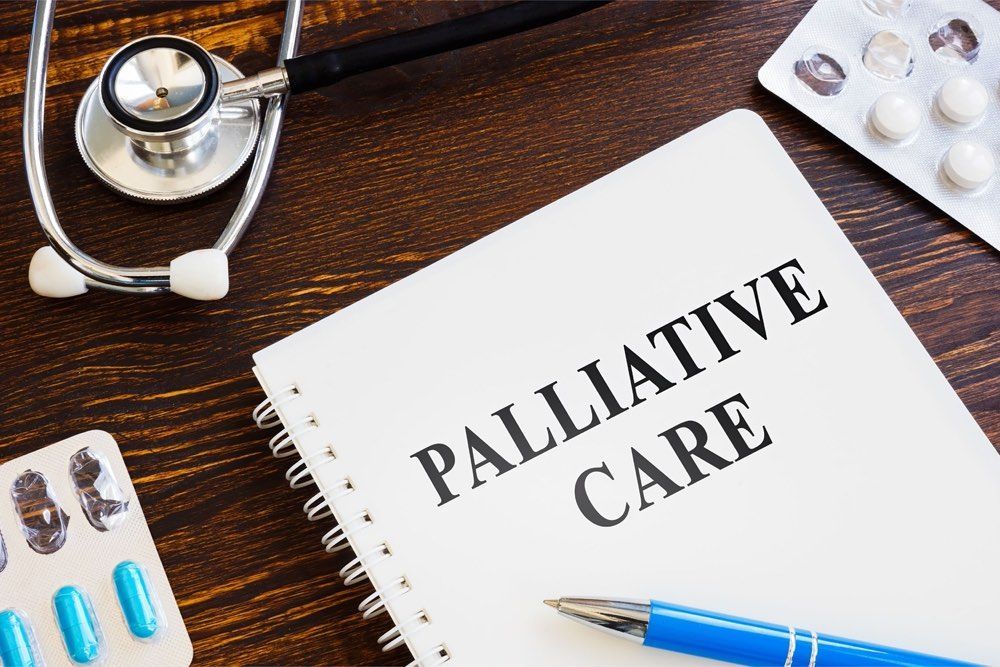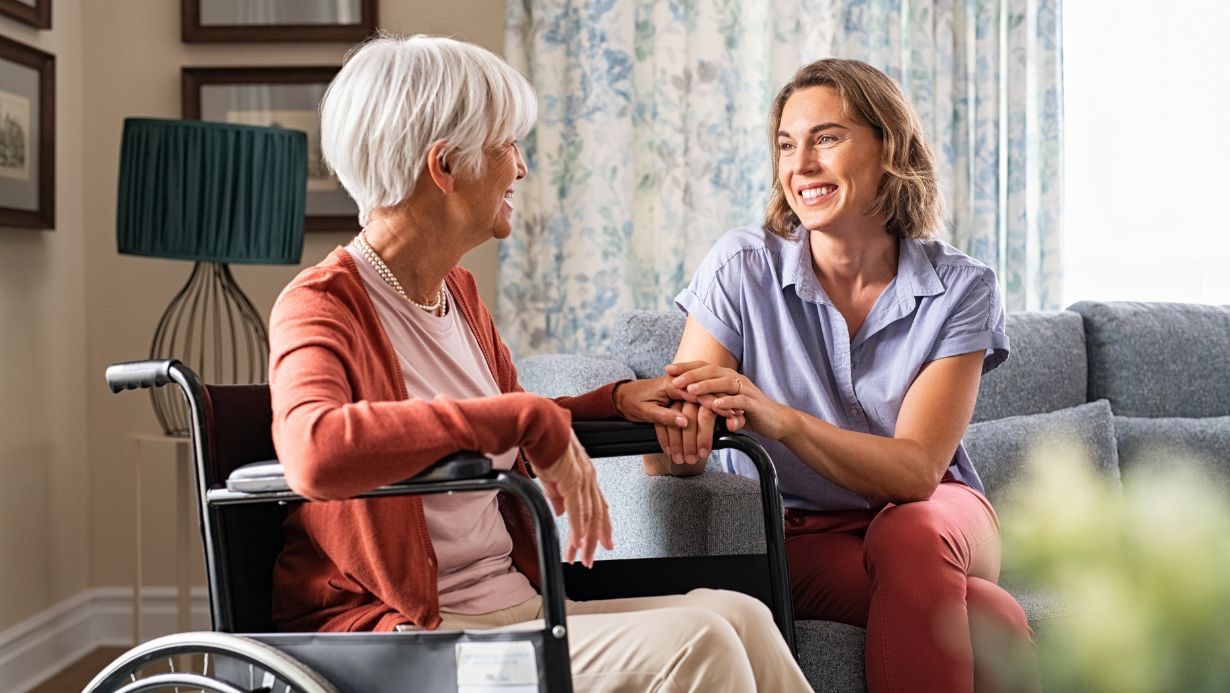12 Common Myths About Alzheimer's
More and more people's lives are being affected by Alzheimer's – patients, caregivers, and loved ones – every year. More than six million Americans are living with Alzheimer's, and that number is projected to grow to nearly 13 million by 2050, according to the Alzheimer's Association.
Furthermore, while great strides have been made in Alzheimer's research, much is still unknown. These two facts are creating a great deal of fear, resulting in… among other things… a lot of misinformation and myths about the causes, cures, and realities of living with the disease.
12 Common Myths About Alzheimer's
- Dementia and Alzheimer's are the same thing.
Dementia is not a disease but a general term used for loss of memory, language, and other thinking abilities that interfere with daily life. Alzheimer's - the most common cause of dementia – is a disease. - If one of my parents has Alzheimer's, I will, too.
"In the vast majority of cases (more than 99 in 100), Alzheimer's disease is not inherited," according to the Alzheimer's Society. - Only older people develop Alzheimer's.
Age is the greatest known risk factor for Alzheimer's; however, early onset (or young-onset) Alzheimer's affects about 300,000 Americans. - Alzheimer's symptoms are a normal part of aging.
It's normal to forget things at any age, and many older adults experience some age-related memory loss. However, memory impairment caused by Alzheimer's is more severe and not a normal part of aging. - Alzheimer's is preventable.
There are steps you can take to reduce your risk of Alzheimer's, such as controlling high blood pressure, staying mentally and physically active, and preventing head injury. Still, there is no scientifically proven way to prevent Alzheimer's. - Doctors can only diagnose Alzheimer's after the person has died.
At one time, this was true, and diagnosing dementia can still be challenging, especially in the early stages. However, according to the National Institute on Aging, "Thanks to advances in research, tests are now available to help doctors and researchers see biomarkers associated with dementia in a living person." Biomarkers - found in blood, organs, tissues, and other body fluids - are measurable indicators that show what is happening in the body. - Aluminum causes Alzheimer's.
Despite persistent rumors, "There is little evidence to suggest that the effect of copper, zinc, iron or aluminum on the brain is related to increased dementia risk," according to the Alzheimer's Society. - Alzheimer's won't cause death.
Alzheimer's is the sixth leading cause of death in the U.S., according to the Centers for Disease Control and Prevention (CDC). Often, the cause of death in Alzheimer's patients is the result of secondary factors, such as dehydration or infections. - Drugs have been developed to reverse Alzheimer's.
Several medications have been found to slow down the progress of Alzheimer's and to treat the symptoms of Alzheimer's. However, there are currently no drugs that can reverse the disease. - People with Alzheimer's are lost to their loved ones.
Some people are under the false impression that their loved one is no longer with them, especially when they get to the later stages of Alzheimer's. This sometimes leads them to believe there is no reason to visit their loved ones anymore. While it is true that people with Alzheimer's do change, they are still with you, and regular visits can help them. Spending time and doing activities with loved ones who have Alzheimer's can improve their quality of life, slow the decline of dementia, give a feeling of productivity, help manage behaviors associated with dementia (sleep problems, aggression, and agitation), and strengthen your connection with them. - There are no treatments for Alzheimer's.
There is no cure for Alzheimer's; however, there are treatments – such as pet therapy, medications, etc. - that can help manage the symptoms and possibly slow the progress of the disease. - Certain vaccines may cause Alzheimer's.
On the contrary, recent research has found that "regular vaccinations against influenza and other infectious diseases such as shingles, pneumococcal pneumonia, and tetanus, diphtheria, and pertussis (whooping cough) may reduce the risk of developing Alzheimer's disease and related dementias."
In-home Care for People With Dementia and Alzheimer's
Watching a loved one with dementia or Alzheimer's disease can be difficult and heartbreaking. As the disease progresses, providing the care they need can become more challenging. Comforting Home Care by Phoebe offers compassionate in-home care for people struggling with dementia and Alzheimer's, providing the assistance they need to live comfortably and safely at home.
Give us a call today at 610-625-5206, or connect with us online.
More From Our Blog

Berks County Office
Comforting Home Care by Phoebe
1 Reading Dr
Wernersville, PA 19565
Phone: 610-625-5206
Lehigh Valley Office
Comforting Home Care by Phoebe
3400 Bath Pike Ste 101
Bethlehem, PA 18017
Phone: 610-625-5600
The region's premier home care provider in Berks, Bucks, Lehigh, and Northampton Counties, including Allentown, Bath, Bethlehem, Easton, Emmaus, Fleetwood, Fogelsville, Hamburg, Hellertown, Hereford, Kutztown, Laurys Station, Leesport, Macungie, Mertztown, Mohnton, Nazareth, New Tripoli, Northampton, Oley, Orefield, Quakertown, Reading, Richlandtown, Robesonia, Schnecksville, Shillington, Shoemakersville. Sinking Spring, Temple, Topton, Trexlertown, Wernersville, Whitehall, Womelsdorf, Wyomissing, & Zionsville,
© Copyright 2023 | All Rights Reserved | Comforting Home Care by Phoebe
Website by Power Marketing International











